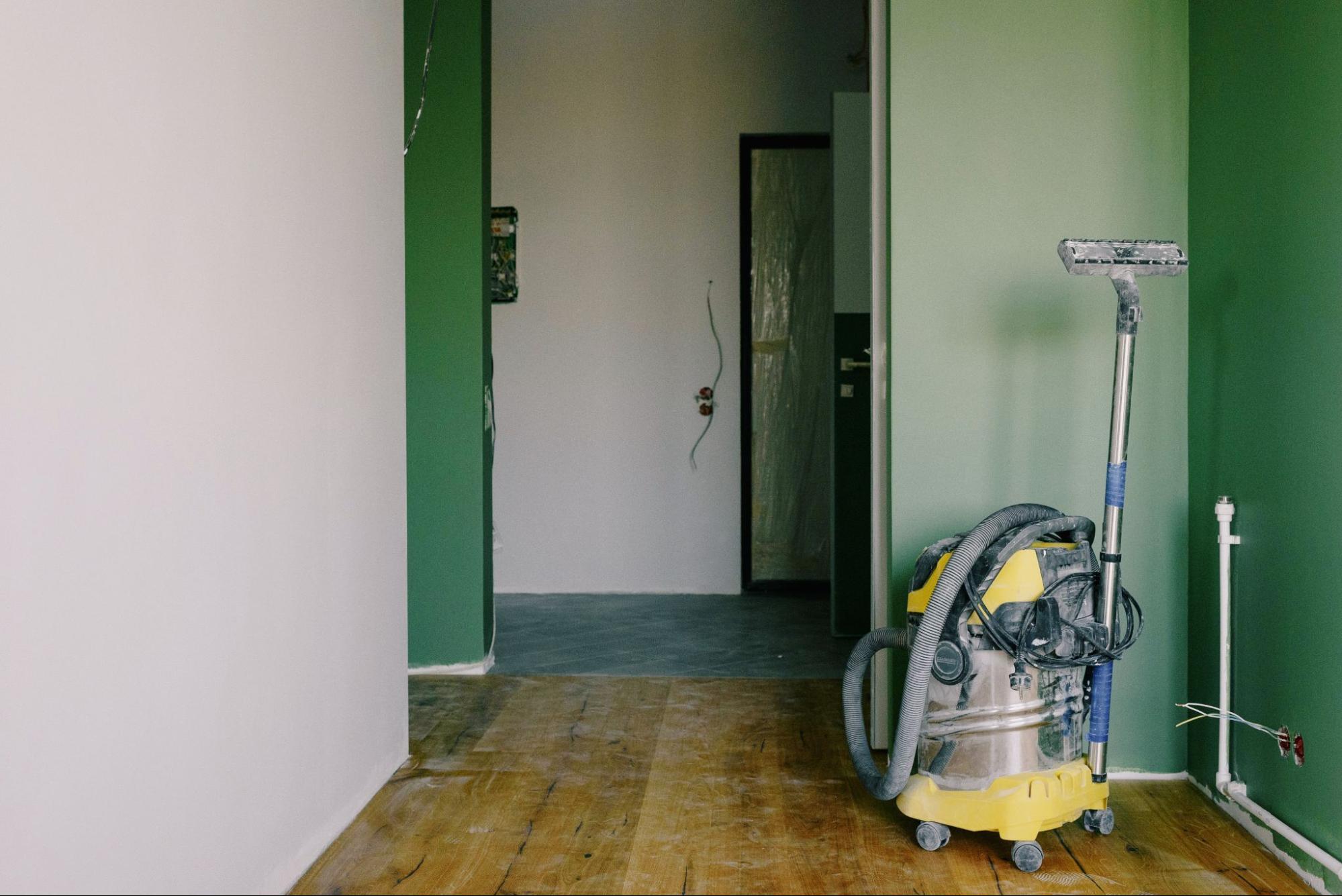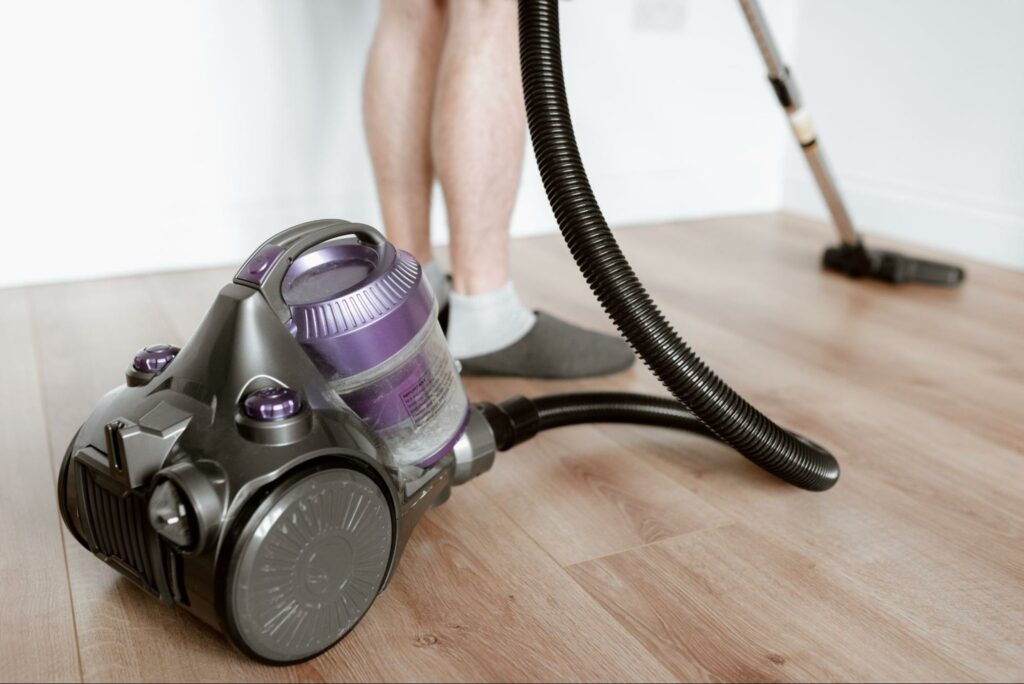Contents
Table of Contents
ToggleCan a Vacuum Leak Cause a Misfire
Can a vacuum leak cause a misfire? It’s a question that many car owners may find themselves asking when experiencing engine issues. Let’s dive into the topic and explore how a vacuum leak can potentially lead to a misfire.
First, let’s understand what a vacuum leak is. A vacuum leak occurs when there is an unintended opening in the intake manifold or any of the associated components that rely on vacuum pressure. This can disrupt the air-to-fuel ratio, leading to an imbalance in the combustion process.
When it comes to engine misfires, they typically occur when there is incomplete combustion in one or more cylinders. The lack of proper fuel mixture or ignition can result in rough idle, reduced power, and even stalling. While there are various causes for misfires, a vacuum leak can contribute to this problem by altering the air-to-fuel ratio and disrupting the overall efficiency of combustion.

How Does a Vacuum Leak Cause a Misfire?
When it comes to engine performance, even the smallest issues can have a significant impact. One such issue is a vacuum leak, which may lead to a misfire in your vehicle. But how exactly does this happen? Let me break it down for you.
1. Understanding The Basics of Vacuum
In an internal combustion engine, vacuum plays a crucial role in various systems like fuel delivery and emission control. A vacuum leak occurs when there’s an unintended gap or crack in the intake manifold or associated components that disrupts this delicate balance.
2. Disrupting Air-Fuel Mixture
A vacuum leak causes excess air to enter the combustion chamber, leading to an imbalance in the air-fuel mixture required for proper ignition and combustion. This disrupts the efficient burning of fuel and results in a misfire.
3. Altering Air-Fuel Ratios
The introduction of extra air due to a vacuum leak disturbs the ideal stoichiometric ratio needed for optimal combustion (around 14 parts air to 1 part fuel). This altered air-fuel ratio leads to incomplete burning of fuel and weakens the power output of your engine.
4. Impacting Fuel Delivery System
Vacuum leaks can also affect other components associated with fuel delivery, such as the Mass Air Flow (MAF) sensor or Oxygen (O2) sensor. These sensors rely on consistent pressure levels within the intake system to provide accurate readings for proper fuel injection timing and quantity adjustment.
5. Causing Erratic Engine Behavior
A misfire resulting from a vacuum leak can manifest through various symptoms like rough idling, hesitation during acceleration, poor fuel efficiency, and even stalling at times. If left unaddressed, it could potentially cause damage to other engine components over time.
6. Diagnosing And Fixing Vacuum Leaks
Detecting vacuum leaks can be a bit challenging, as they may occur in hard-to-reach places. However, using tools like smoke testing or listening for hissing sounds can help pinpoint the source. Once identified, repairing vacuum leaks usually involves replacing faulty gaskets, hoses, or intake manifold components.
In conclusion, a vacuum leak disrupts the delicate balance of air and fuel in your engine’s combustion process, leading to a misfire and compromised performance. Regular maintenance and prompt detection of any vacuum leaks are essential to keep your vehicle running smoothly.
As an expert in cleaning & vacuuming systems, I recommend paying attention to any signs of engine trouble and addressing them promptly to ensure optimal performance and longevity of your vehicle.
In conclusion, while not all engine misfires are directly caused by vacuum leaks, they certainly have the potential to contribute to this issue. By understanding how vacuum leaks affect combustion efficiency and taking preventive measures such as regular cleaning and inspection, you can minimize the risk of experiencing misfires in your vehicle.

